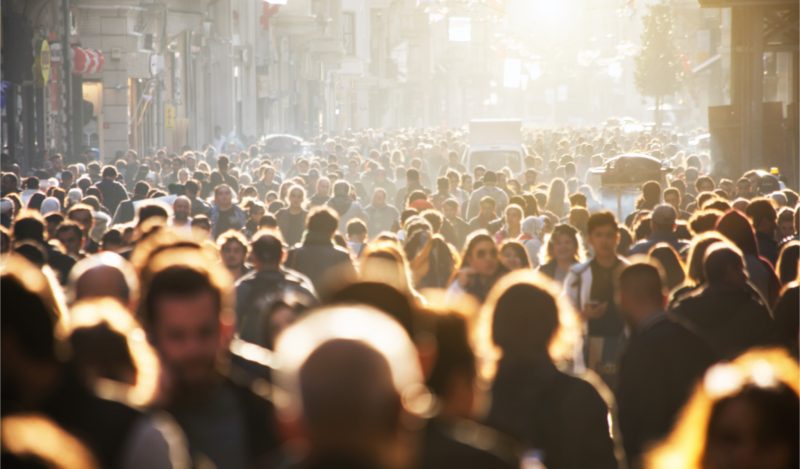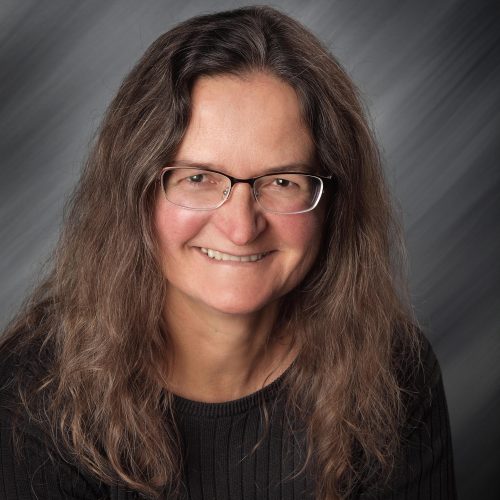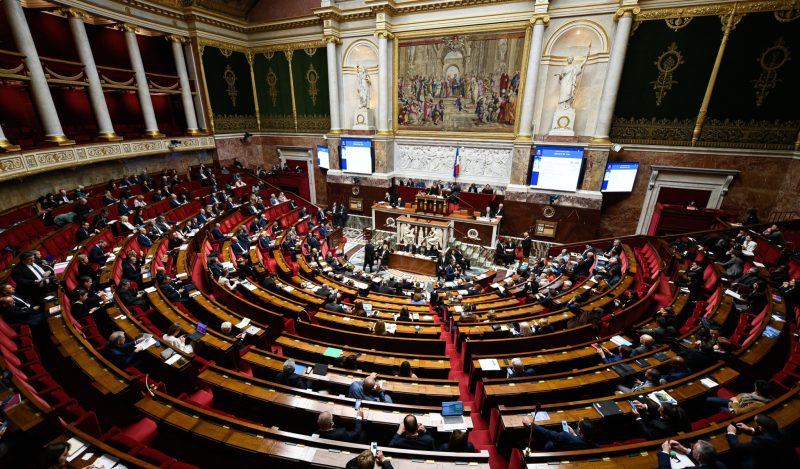Economists define a welfare enhancing move (i.e., a move that best serves society as a whole) as any decision or action that makes one individual or group of individuals better off, without making another individual or group of individuals worse off.
How do individuals know what’s best for them? While the scientific knowledge, theoretical or technical expertise of one person, or one profession, may help shed light on what’s best for individuals, it can never be enough. Only individuals themselves have the unique knowledge that all others do not have, about their individual-specific ever-changing circumstances, constraints, needs and preferences.
Today, Covid-related measures (facial covering, vaccination, isolation), when indiscriminately imposed on all, still prevent some individuals in some places from engaging in social interactions with coworkers, friends, neighbors, and family, near and far.
One solution does not fit all. Here is why.
The one thing that we can agree on is that we disagree on what action or measure is best for ourselves and for the greater good. Whether it be facial covering, vaccination or isolation, some individuals would follow through with it, while others would rather not—all, because “it is the right thing to do,” for oneself and/or others. Thus, we are presented with a quandary. One thing is sure though, given that individuals cannot agree on what action or measure is best, imposing one action or measure on all individuals cannot possibly be the answer—it cannot be welfare enhancing.
Then, what?
Maybe, the following guiding principle can help.
Not knowing in which group of individuals you would belong to (the one opting for facial covering, vaccination or isolation, or the other), which rule to govern our society would you agree on?
One that imposes one action or one measure on all individuals? We already agreed that, based on the fact that there are disagreements between individuals, one action or measure cannot possibly be welfare enhancing to all. So, that’s not it.
If we follow the above guiding principle, the one rule that imposes itself is the one that gives each individual a voice. Only then can the diversity of individuals within our society be taken into account, respected and given equitable treatment. The sum of all individual voices makes up the whole of our society, after all, so it makes sense that it is by giving each individual a voice that society as a whole can best be served.
In other words, equipped with public experts’ shared knowledge and their own private unique knowledge, the decision or action each individual would opt for must logically be the one that makes them better off, as well as the one that is for the greater good.
We’ve come full circle; any decision or action that makes one individual or group of individuals better off, without making another individual or group of individuals worse off, can only be welfare enhancing for society as a whole.
Gedanken Experiment
Let’s apply these economic concepts to Covid-related vaccination. We consider two individuals, A and B, and two governance rules, 1 and 2. Under governance rule 1, each individual has a voice. Under governance rule 2, no options are given to either individual A or individual B. In other words, both take the same action, regardless of their own private unique knowledge. Governance rule 1 corresponds to only one scenario, Scenario 1. Under governance rule 2, there are two possible scenarios: Either both individuals get vaccinated (Scenario 2.i) or no one gets vaccinated (Scenario 2.ii).
Scenario 1 (Governance Rule 1: Individual voices are heard):
If individual A opts for vaccination, individual A is made better off without making individual B any worse off. If individual A opts out of vaccination, individual A is made better off, without making individual B any worse off, since vaccination is also an option available to individual B. And vice versa: If individual B opts for vaccination, individual B is made better off without making individual A any worse off. If individual B opts out of vaccination, individual B is made better off, without making individual A any worse off, since vaccination is also an option available to individual A.
In this case (Scenario 1), no matter which individual one would be, A or B (or group of individuals one would belong to), and no matter the decision or action each individual opts for, society as a whole is made better off.
Scenario 2.i (Governance Rule 2-option i: All get vaccinated):
If individual A gets vaccinated, and would also have opted for vaccination had their voice been heard, then individual A is made better off. If individual A gets vaccinated, but would have opted out of vaccination had their voice been heard, then individual A is made worse off. Similarly: If individual B gets vaccinated, and would also have opted for vaccination had their voice been heard, then individual B is made better off. If individual B gets vaccinated, but would have opted out of vaccination had their voice been heard, then individual B is made worse off.
In this case (Scenario 2.i), if any individual, A or B, gets vaccinated when they would have opted out of vaccination had their voice been heard, this individual, A or B, is made worse off.
Scenario 2.ii (Governance Rule 2-option ii: No one gets vaccinated):
If individual A does not get vaccinated, and would also have opted out of vaccination had their voice been heard, then individual A is made better off. If individual A does not get vaccinated, but would have opted for vaccination had their voice been heard, then individual A is made worse off. Similarly: If individual B does not get vaccinated, and would also have opted out of vaccination had their voice been heard, then individual B is made better off. If individual B does not get vaccinated, but would have opted for vaccination, had their voice been heard, then individual B is made worse off.
In this case (Scenario 2.ii), if any individual, A or B, does not get vaccinated when they would have opted for vaccination had their voice been heard, this individual, A or B, is made worse off.
Things to Ponder
Readers are invited to think about the following. Today, we find ourselves in Scenario 2.i: Are we satisfied with the rule adopted under this scenario or would we prefer that of Scenario 1? Now, imagine that our situation was that of Scenario 2.ii, instead. In this case, which rule would we prefer: The one governing Scenario 2.ii or Scenario 1? Do our answers to the first two questions lead to the same governance rule? Given that some individuals would opt for and others out of vaccination, which governance rule minimizes conflicts?
If your answers to the first two questions fall under different governance rules, then you must revisit the questions and reconsider your answers—because only one governance rule can be chosen.
The governance rule which minimizes conflicts and enhances welfare is governance rule 1, where each individual has a voice.
Published under a Creative Commons Attribution 4.0 International License
For reprints, please set the canonical link back to the original Brownstone Institute Article and Author.









